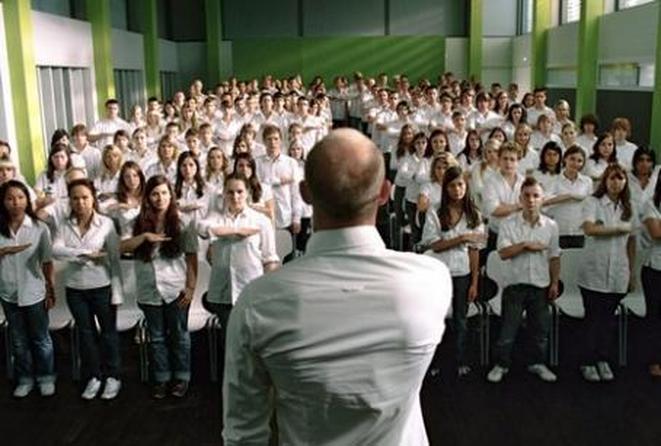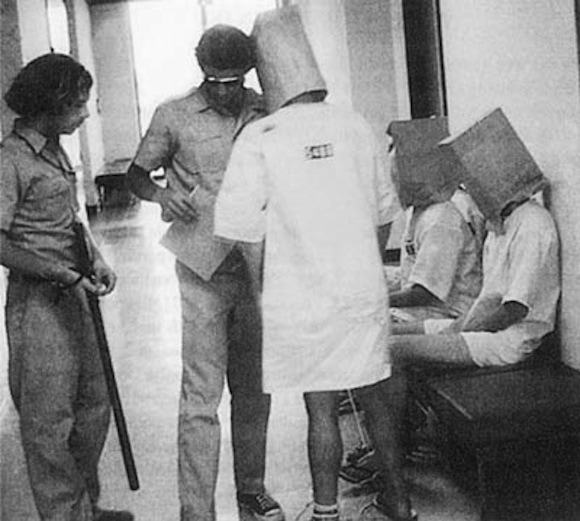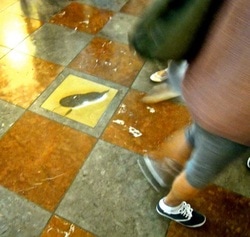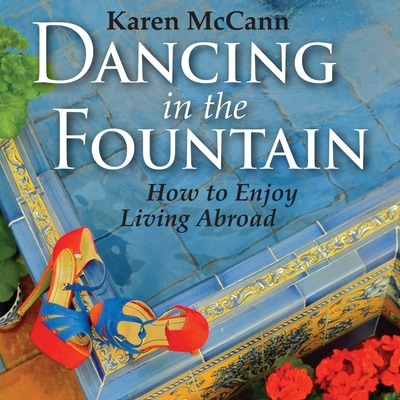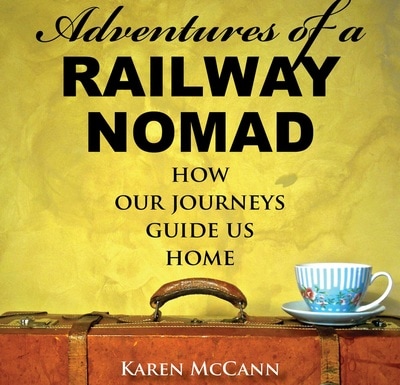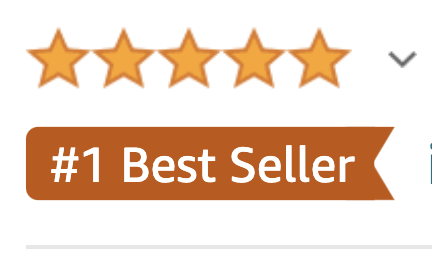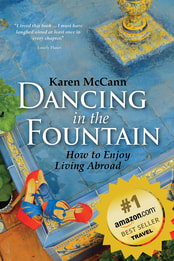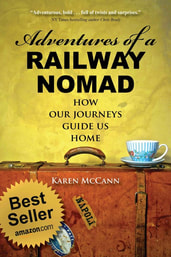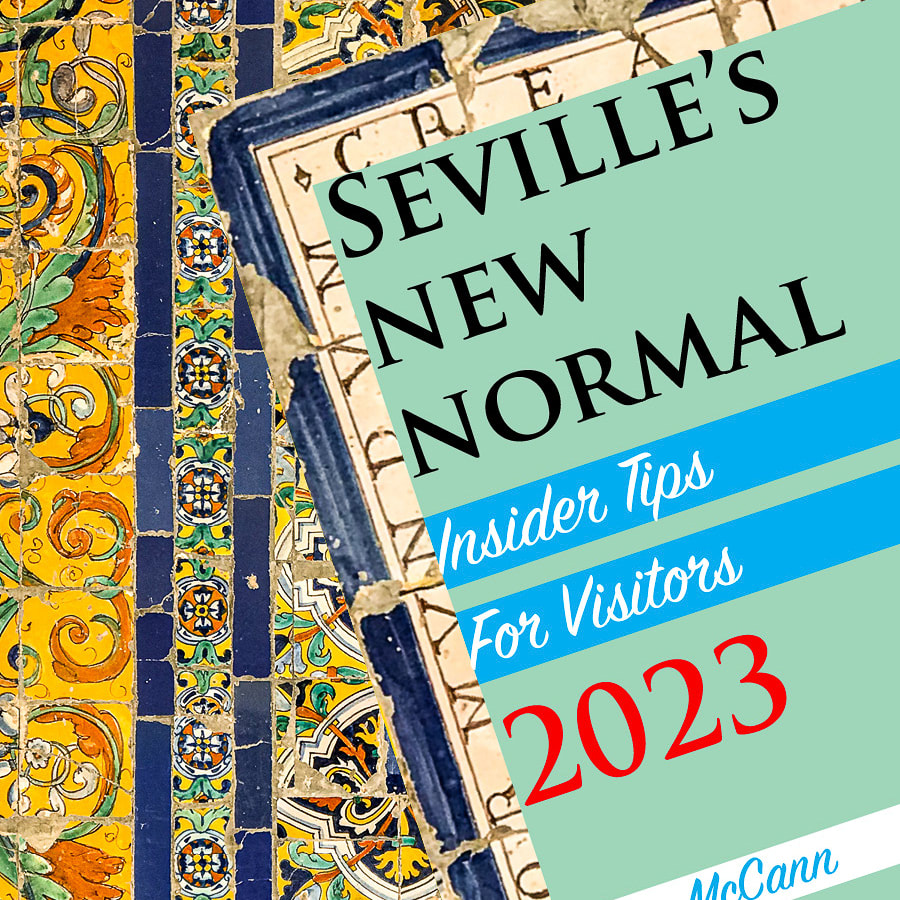|
When I was a teenager, a student at a nearby high school asked his history teacher the inevitable question about why good Germans did nothing while the Nazis rose to power. The teacher, Ron Jones, hit on a creative way to demonstrate the answer. His classroom experiment began the next Monday with a description of the role of discipline in fascism. To illustrate his point, he had students adopt more formal postures and manners. The kids loved the game. Jones praised community over individuality and started treating his students like an elite group. They adopted a secret hallway salute that represented a symbolic wave. The response was astonishing. In days, most students were exhibiting blind obedience to Jones and a superior, sometimes hostile attitude toward non-members. Worse, Jones found himself acting more and more like a dictator. On Thursday Jones told the students that the project wasn’t a class exercise but a real-life movement in support of a political candidate. The kids were more enthusiastic than ever. On Friday, they eagerly assembled to meet their new leader. Jones revealed there was no leader and no movement. He explained that in less than a week they’d been duped into acting like fascists. He played a video of Germans marching in disciplined ranks saluting Adolf Hitler. The kids were shocked speechless. Lesson learned. Where were all the good Germans? Just look in the mirror. I’ve always been a bit haunted by that story, knowing that it was only by the sheer luck of school districting boundaries that I wasn’t a member of Jones’s class. Would I have been transformed into a fascist in less than a week? I like to think that I would have been smarter and stronger than that. But I can’t be sure. Jones conducted his experiment at a high school in Stanford University’s hometown of Palo Alto. These were above-average students living an hour south of San Francisco in the spring of 1968, during the full flowering of the resist-authority sixties — and almost no one questioned, protested, or refused to participate. Three years later and a few miles up the road, Stanford psychology professor Philip Zimbardo performed a similar, more notorious experiment. “I was interested in what happens if you put good people in an evil place,” he said. “Does the situation outside of you, the institution, come to control your behavior? Or do the things inside you — your attitude, your values, your morality — allow you to rise above a negative environment?” Twenty-four male students, chosen out of more than seventy applicants as the most psychologically fit, were randomly assigned as prisoners and guards for a two-week stint in a mock jailhouse constructed in the basement of the university’s psychology building. Zimbardo designed the experiment to make the prisoners feel disoriented, depersonalized, and helpless, told the guards not to physically harm anyone, and sat back to see what would happen. I probably don’t need to tell you that events soon spiraled out of control. Those playing guards became increasingly abusive, yelling invective, putting the other boys in hoods and chains and solitary confinement, punishing infractions with sleep deprivation, isolation, and loss of “privileges” such as clothing, mattresses, and use of the toilet. Zimbardo, like Jones, got caught up in his role; he allowed the cruelty to continue, even when some prisoners “went crazy” and had to be released. On day five Zimbardo’s girlfriend, graduate student Christina Maslach, saw what was going on and raised such strenuous objections that the experiment was shut down the next day. More than 50 people had observed the prison conditions, yet Maslach was the only one who questioned its morality. Today the story is taught in psych classes throughout America and is the subject of a recent award-winning (and chilling) film. After Zimbardo’s prison study went public, universities across America rushed to institute ethics regulations that would prevent such experiments from being conducted on students in the future. And rightly so. But we have learned something valuable from this science-project-run-amok: When normal is re-defined, our behavior tends to change with it. This is no surprise. In fact, it's one of the reasons we travel: to place ourselves in new situations that make us think, feel, and act differently. Landscapes of breathtaking beauty can restore our sense of wellbeing. Standing in places where great evil was done raises uncomfortable but vital questions about human nature. Seeing successful social experiments in Estonia and Finland is inspiring. Studying history’s worst failures — Hitler, Stalin, and Vlad the Impaler, to name but a few — reminds us that our collective happiness depends on finding better, more humane ways to treat each other. The world is constantly engaged in social experiments. Can we spot the failures? Will we know when it’s time to speak up and say, “Stop the madness!” as Maslach did? Or will we accept what’s happening, like the 50 good people who watched those boys being abused and did nothing? To find that answer, we first need to ask ourselves this: how is the new normal changing us?
26 Comments
julio Sánchez
2/3/2017 09:00:00 am
very good. A good explanation of how we humans are and how we react.
Reply
Karen McCann
2/3/2017 05:03:28 pm
As you say, Julio, these studies provide a really fascinating glimpse into human nature. It's a bit scary to realize what we are all capable of, given changes in our circumstances.
Reply
Laura Symes
2/3/2017 10:28:29 am
A timely article. Simple answers have an appeal, people want to be in the 'in' group and power inevitably corrupts. Totalitarianism could take over any society if enough 'good' people do not speak up and protest. That might involve putting your own life and that of your children in danger -how many of us would really do that? I think the vast majority would keep quiet and hope not to be noticed. If such a thing happened today it would be much worse than in the 1930s. The Nazis understood the power of propaganda -'the bigger the lie, the more people will believe it'. Can you imagine if they had had the power of the Internet and social media. 'Fake news' would be an understatement.
Reply
Karen McCann
2/3/2017 05:15:34 pm
So true, Laura. Totalitarian and fascist thinking is terrifying in any age, and more so now with the power of the Internet and social media. With all the fake news around today, it pays to be vigilant with our own fact checking; among the most widely respected, non-partisan fact checking sites are Politifact, Factcheck.org, and Open Secrets.
Reply
Noreen Flannery
2/3/2017 01:35:18 pm
Karen
Reply
Karen McCann
2/3/2017 05:19:33 pm
Noreen, Rich and I go on frequent "news fasts" to give our minds and hearts a break. It's the only way we can cope. I have given up any aspirations to make the best casserole this side of the Mississippi, but I am still hoping to achieve some degree of mental equilibrium. I'll let you know if/when that happens. Namaste, Karen
Reply
Stephanie Weber
2/3/2017 02:52:57 pm
The question is which is the evil to be avoided... the Nancy Pelosi and far left with their uni-think telling us that rather than discuss and debate we should shout down those who think differently ... the BDS movement wilt its riots and brown shirt tactics ...or ... the new president who is saying we should live the US Constitution.
Reply
Sine Thieme
2/3/2017 04:47:00 pm
"the new president who is saying we should live the US Constitution...." You mean that president who has demonstrably never even read the constitution? Who goes out of his way to boast how he doesn't need to read history because he "is smart" and "can make a deal"? The president who without shame stands in front of a wall of fallen soldiers - so secretive on their mission to defend our country and the constitution they died anonymously - and fails to honor their sacrifice and instead whines about the turnout at his inauguration? Who as his chief advisor chose someone who has repeatedly spouted neo-Nazi views in the past? Who on a daily basis threatens the free press when he doesn't like what he hears? that president? Give me a break.
Reply
Sine Thieme
2/3/2017 04:52:19 pm
And by the way, I am German. The Nancy Pelosi's of the world didn't bring about the biggest disaster in world history, the one my parents' generation felt forever ashamed of. The thin-skinned narcissistic self-aggrandizing loud-talking minority-bashing conspiracy-theory-loving man with the combover did.
Nancy Solak
2/3/2017 04:24:10 pm
Similar to Noreen, one day I'm too paralyzed to do anything politically constructive and other days I'm ready to rise up and speak my mind. Even after verbally pushing back against racist remarks, I beat myself up for how I could've done it better, perhaps gentler. I think most dark side conformity grows out of fear. How can we help others be less fearful? Great column, Karen. You raise a lot of important and pertinent questions. Thank you.
Reply
Karen McCann
2/4/2017 07:28:41 am
You're not alone, Nancy. With sweeping political change destabilizing so much of the modern world, it's hard for anyone to maintain a sense of balance these days. We can't expect ourselves to come up with a perfect response every time; we simply do the best we can to spread love and sanity, take positive action and deep breaths, and keep plenty of wine and chocolate on hand to share with friends as needed. We will get through this together.
Reply
2/3/2017 04:39:51 pm
I had heard about these stories and always had the same niggling feeling as you as to what i would have done. It seems so easy in theory to say you will be the one to dissent, but like you I can't be sure.
Reply
Karen McCann
2/3/2017 05:47:20 pm
You're so right about that experiment, Sine; as a matter of fact a friend brought it up at lunch today. Back in the sixties, the Milgram experiment on obedience to authority figures famously demonstrated that when instructed by a "teacher", especially one wearing a white lab coat, people would apply what they thought were increasingly intense electric shocks to other people (who were in fact faking).
Reply
Marilyn Christenson
2/3/2017 05:15:36 pm
Let us all remember that we are all connected and one human race. Travel reminds me that is a truth.
Reply
Karen McCann
2/3/2017 05:49:33 pm
So true, Marilyn. In the final analysis, there is no "us" and "them," there is only "us." And travel helps us remember that. As Mark Twain said, “Travel is fatal to prejudice, bigotry, and narrow-mindedness, and many of our people need it sorely on these accounts. Broad, wholesome, charitable views of men and things cannot be acquired by vegetating in one little corner of the earth all one's lifetime.”
Reply
2/3/2017 06:43:36 pm
After each visit I make to the Holocaust Museum I ask myself, "How did 'they' let that happen?" The last 10 days have left me asking, "Are 'we' letting that happen?" or am I being swayed by FB, traditional media, and other sources. An excellent post Karen - and yet another thing to think about. (Although we are in Hawaii and going and sticking my head in the sand has been another idea I've been pondering the last few days).
Reply
Karen McCann
2/3/2017 06:55:44 pm
Jackie, these are the tough questions we are all wrestling with. But since you are in Hawaii right now, I say relax and let the islands work their magic. Time enough to gear up and do the heavy thinking when you get home. Enjoy!
Reply
Hilary Colvin
2/4/2017 02:51:08 am
Yet another fascinating post, followed up by more intriguing reader comments. As I read the article by you Karen, all I could think of was the movie I saw regarding the Milgram experiment and the very uncomfortable questions it made me ask myself. I certainly hope I would have stopped, and put my foot down upon hearing those screams. And then Sine brought it up in her post. Ironic. Let's hope we all have the courage to stand by what is humane, and ethical, despite what the masses do or say. Thank goodness I have traveled enough to have a broader picture. Thank you Karen and thank you Sine. My mother came to the US from Germany in 1950, and there is no better or kinder person I know.
Reply
Sine Thieme
2/4/2017 03:34:53 am
Thank you Hilary, for sharing the name of that experiment! And also about your mother. She must have been of my mother's generation. That's just the thing - my grandparents were also the kindest people I knew, and yet they silently (and fearfully) stood by as their government committed unspeakable acts. What I would have done in their shoes is a question that will never leave me in peace.
Reply
Karen McCann
2/4/2017 07:36:32 am
Hilary and Sine, my great grandfather came to the US from Germany in the late 19th century. Having German ancestors always makes me think about what might have happened if that generation of my family had made different choices. I'll never know whether we might have wound up on the wrong side of history in that situation. And that's a powerful motivator to be thoughtful and proactive in coping with the big issues of our own time. 2/4/2017 06:53:42 am
P.S. The Summer of Love was in 1967. There will be a 50th anniversary music festival in Golden Gate Park the weekend of June 3 and 4th.
Reply
Karen McCann
2/4/2017 07:38:31 am
Glad you liked the story, Alicia, and thanks for the correction. I have made an adjustment to the story. Will you be participating in the 50th anniversary music festival? I'll bet that'll be something wonderful.
Reply
Andy Strote
2/4/2017 07:56:33 pm
When I see a "good Germans" article I have to answer. I'll try to keep it brief. Some background: I was born in Germany in the early 50s. Both my parents and their parents lived through the war in Germany. My father lost his older brother on the Russian front, body never recovered. My father was enlisted as a child soldier towards the end of the war to work at a munitions plant. There was an explosion, and his legs were filled with shrapnel. Only his mother's connection at the hospital saved them. My mother's boyfriend, before she met my dad, died in the war. I have their letters back and forth. My mother and her family made it through the war, but nearly starved to death right afterwards. For a year, they lived on turnips, all there was available. She never ate turnips the rest of her life.
Reply
Sine
2/6/2017 03:16:21 pm
Andy - thank you for the background info. I'm a bit younger than you, but other than that more or less my story is the same, and what my parents told us (though they didn't like to talk about it). Still, you do wonder how it could be that everyone was so afraid all at the same time. It's the same as happened in East Germany - once the government gets people informing on each other and you no longer know who to trust, everyone keeps quiet. By the way, about Canada - great article yesterday in the NYT about Canada and its open immigration policy (which was not nearly as open to all races in the 1950s). We (U.S.) are at risk of losing the best and brightest immigrants to Canada who welcomes them with open arms.
Reply
Karen McCann
2/6/2017 06:17:25 pm
Andy, thank you for this wonderful perspective on the questions raised in my post. It's true that it's easy to escalate an argument out of all proportion with references to Hitler, and yet we still have the obligation to study current events in light of the darker parts of the past. Dealing with fascism in any form is tricky, frightening, and high-stakes. I'm so glad you were willing to help us understand the past a bit better as we go forward.
Reply
Leave a Reply. |
This blog is a promotion-free zone.
As my regular readers know, I never get free or discounted goods or services for mentioning anything on this blog (or anywhere else). I only write about things I find interesting and/or useful. I'm an American travel writer living in California and Seville, Spain. I travel the world seeking eccentric people, quirky places, and outrageously delicious food so I can have the fun of writing about them here.
My current project is OUT TO LUNCH IN SAN FRANCISCO. Don't miss out! SIGN UP HERE to be notified when I publish new posts. Planning a trip?
Use the search box below to find out about other places I've written about. Winner of the 2023 Firebird Book Award for Travel
#1 Amazon Bestseller in Tourist Destinations, Travel Tips, Gastronomy Essays, and Senior Travel
BLOG ARCHIVES
July 2024
CATEGORIES
All
|

